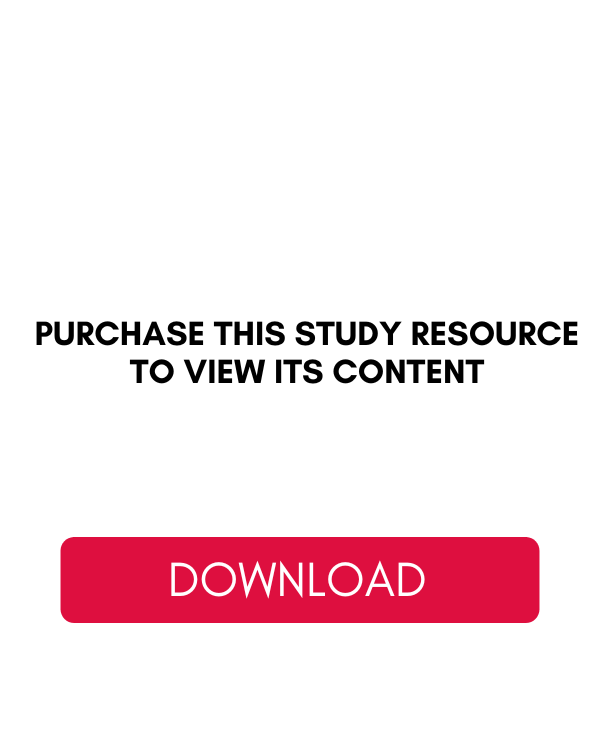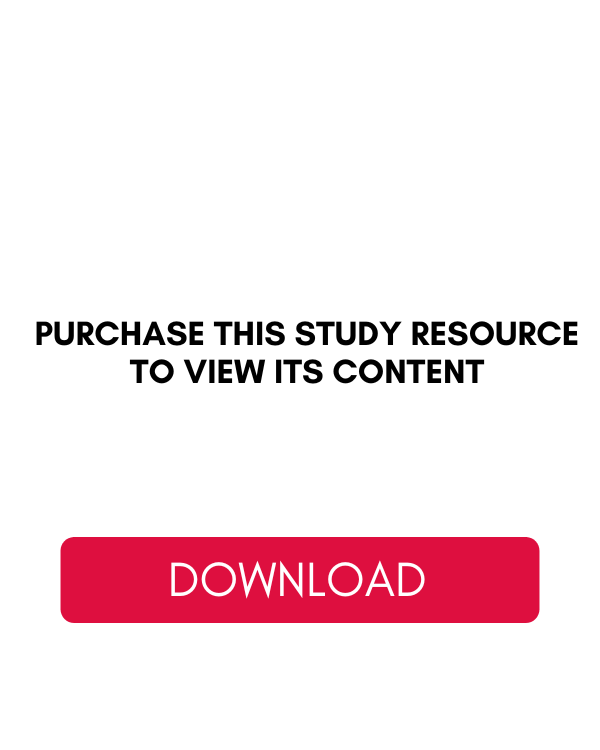The day philip morris made per share bid for kraft
How did the stock market assess Philip Morris’s $90 per share bid for Kraft? Note page 21 of the case study contains a timeline of stock prices in the days before and immediately after Phillip Morris' bid.
The stock price of Kraft, Inc. is undervalued.

While the gains to the shareholders on the Philip Morris's all-cash deal would be taxable, the Kraft’s restructuring deal would provide a tax shield to the shareholders. The restructuring plan would leave Kraft with a debt of $12.4 billion. This makes Kraft a highly leveraged company with 90% debt and 10% equity This was a risky capital structure but if such a highly leveraged company could actually perform this, then the small base of shareholders can gain unexpected profits. The proposed restructuring would also force Philip Morris to pay more or give up. Therefore, it provided an alternative for Kraft shareholders through a high-risk debt-to- value.
As Mr John Richman, chairman and CEO of Kraft, what would you do next? (Think in terms of game theory.)
As Mr Richman, I would signal to Philip Morris my commitment to my shareholders through moving ahead on the proposed restructuring plan. This would signal Philip Morris to adjust its bid upwards to a realistic and accurate price per share. It will further indicate to the market greater confidence in my ability to achieve higher premiums for my shareholders and will be a sign of confidence in the proposed action. This will boost shareholder's confidence as well to not easily accept Philp Morris’ proposition. They will have greater confidence then to hold on the stock and support the action proposed by the management. The highly leveraged restructuring plan can put off potential acquirers from targeting Kraft. Hence, any bid in excess of $112 per share should be accepted by Kraft, with an objective to improve the wealth of shareholders.





